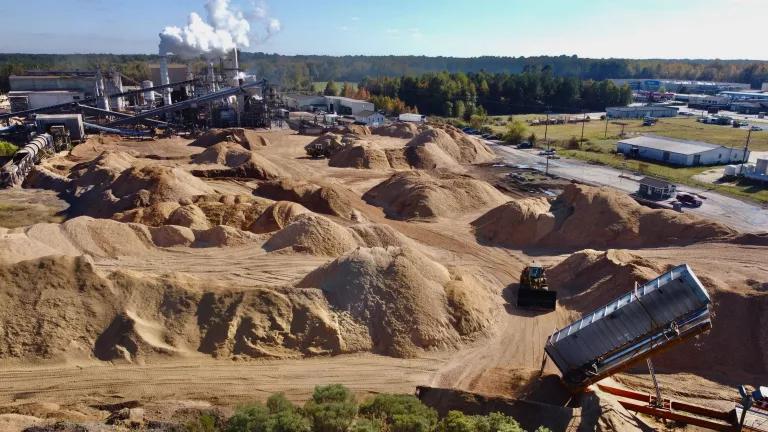Climate Advisory Committee Trumped—but the Burden's on You
Over the weekend, the Trump administration allowed the charter to lapse for a 15-member federal climate advisory committee (or FAC, on which I was a member) that gathers real information from real people about the impacts of climate change today.
The result: There will be far less of a two-way conversation about climate change, and what we, the people, want to know about it. This will especially impact those already struggling to stay healthy, for whom erratic weather patterns and climate change-fueled extremes make it harder to breathe, to enjoy time outdoors. It will also make it harder to be sure that your long-planned vacation to the seashore won’t be flooded out, or your countryside trip won’t be derailed by disease-carrying ticks latching onto your kids, your pet, yourself.
This is the latest in a troubling Trump trend of disbanding advisory panels, especially those including scientists, addressed here and here and here. The FAC—which included scientists, local government leaders, corporate representatives and issue experts—was formed to collect input from individuals and groups who use the National Climate Assessment—or NCA—such as civic leaders, municipal governments, local businesses, healthcare workers, etc. The goal was to make each subsequent version of the NCA report more accessible and more useful. (The fourth NCA is due out soon).
The FAC was to write a report by Spring 2018 to help describe ways to strengthen a two-way, sustained conversation between the scientists who develop NCA reports and users of the information—the public, business leaders, university researchers, non-profit groups, local and state government workers.
It’s a sad fact that the American people will be the ones adversely affected by allowing the charter to expire. It means that the committee’s work to deepen and improve a “sustained assessment” have ended—for now.
What’s not ending, however, are climate change, and the harmful effects it has. The effects are happening here and now: effects on health, on community security as extreme weather threatens us all, and on the costs that are starting to add up from damaged roadways, buildings, crops, and more trips to the doctor to deal with air pollution, heat, infectious illnesses. These threaten the economic security of our children’s future.
As of now, yesterday’s expiration doesn’t affect the completion of the Fourth National Climate Assessment. The full report still has a planned release in late 2018, and the Climate Science Special Report should be released (officially) to the public in Fall 2017.
Hopefully, for all of us and the healthier, more secure communities we’re trying to build and protect, our ability to demand decisive, protective actions to reduce the harmful effects of climate change won’t also be trumped.



